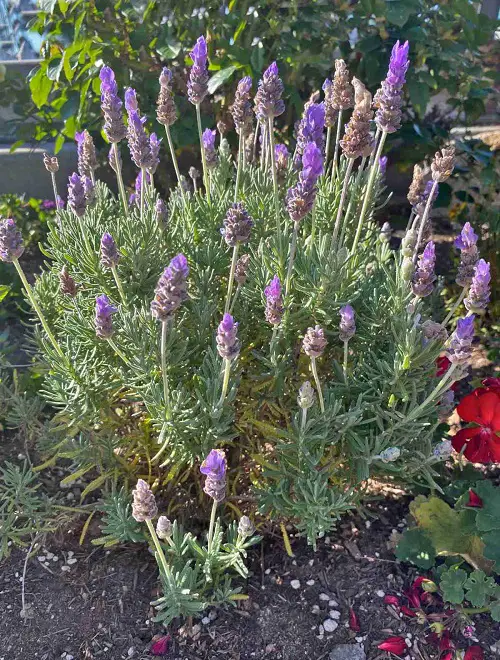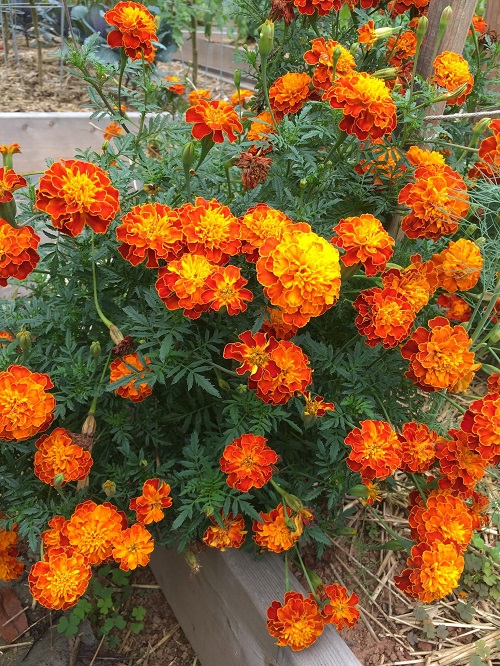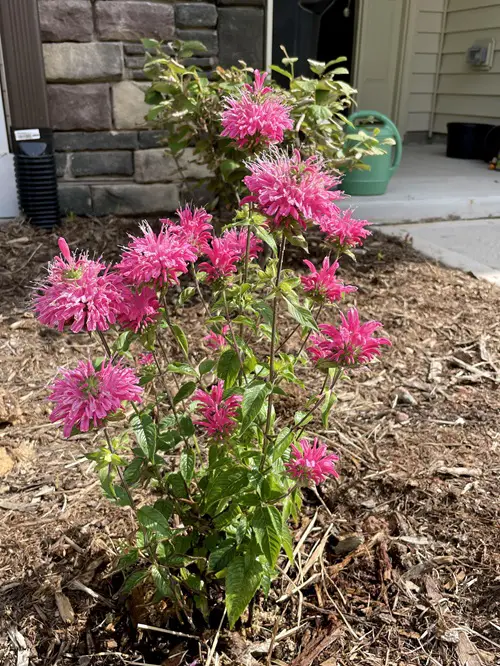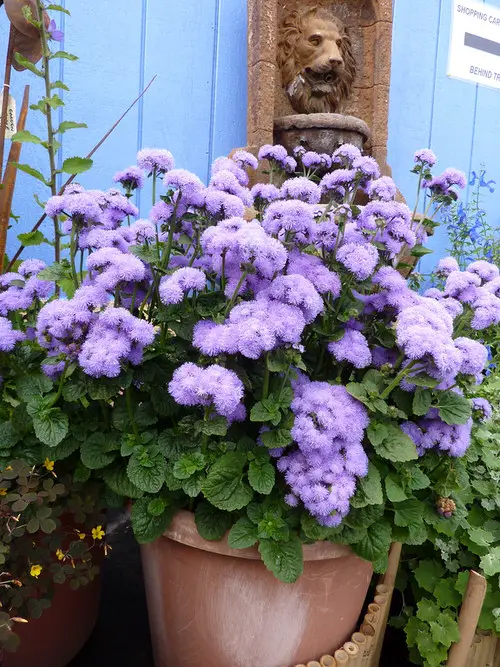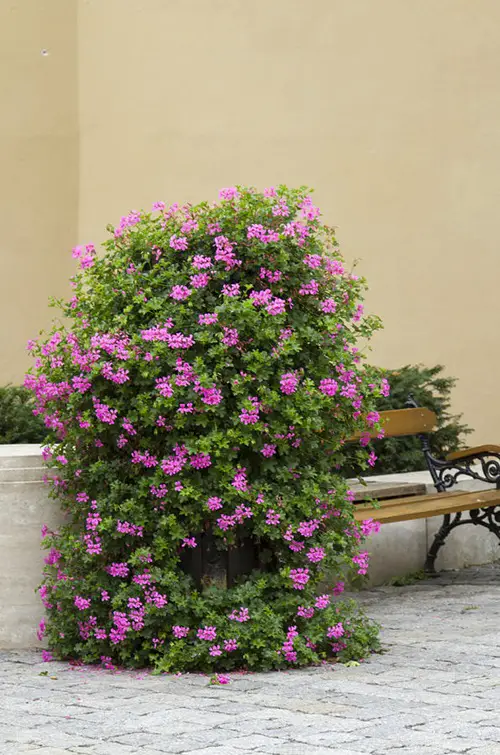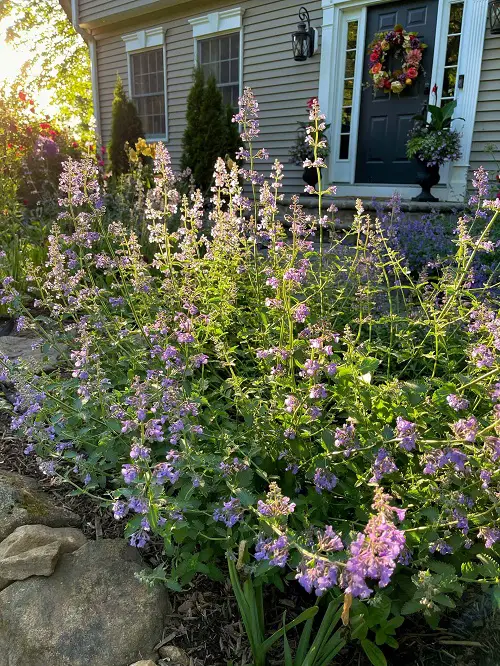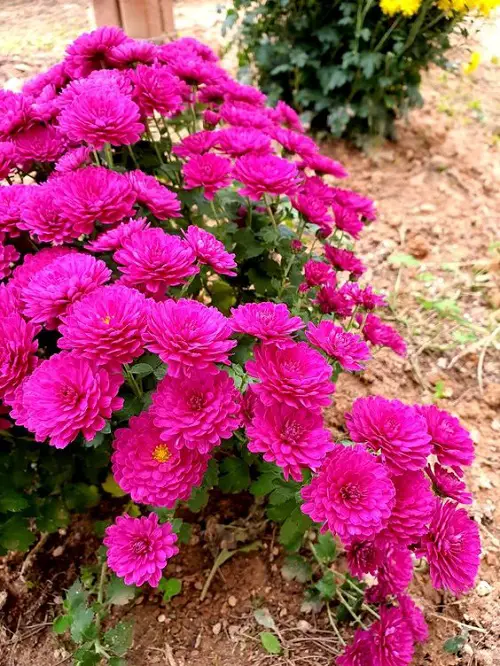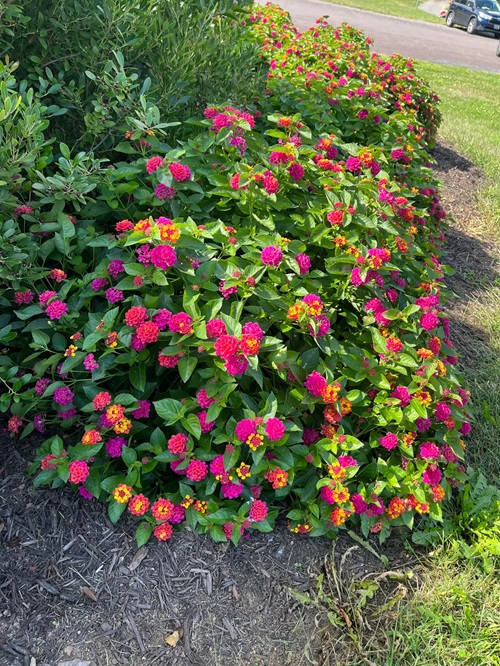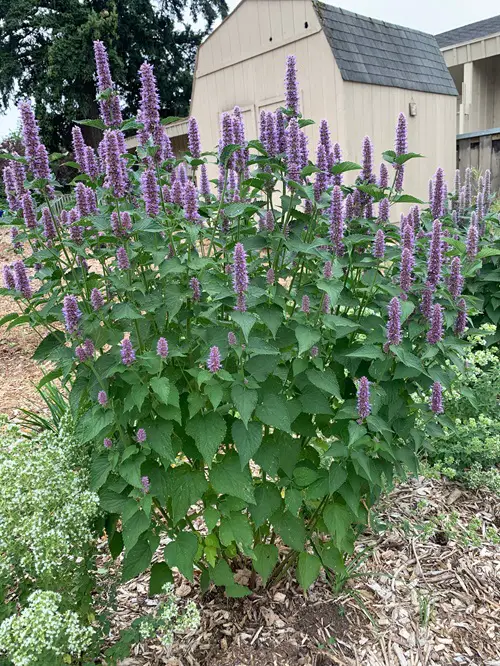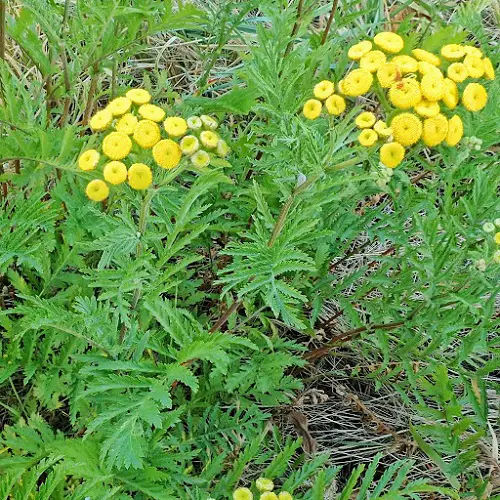Why use harsh chemicals when you can keep bugs away with beauty and fragrance? These Flowers Repel Mosquitoes with their strong scents!
Mosquitoes are annoying, but so are smelly, harsh repellants. So, how do you get rid of these blood-sucking disease spreaders without using chemicals? With flowers, of course! Check out these fragrant flowers that repel mosquitoes naturally and effectively!
Flowers that Repel Mosquitoes
1. French Lavender
Botanical Name: Lavendula stoechas
USDA Zones: 8-9
Have you noticed how insects and even rabbits never seem eager to munch on lavender plants? While you may cherish this drought-tolerant perennial’s musky, earthy scent, mosquitoes hate it! It hampers their olfactory senses as its natural oils contain camphor.
Plant a lavender hedge around your home in well-draining soil. Once established, it will deter all kinds of itchy bugs, pests, and intrusive creatures from inhabiting your garden!
2. African Marigold
Botanical Name: Tagetes erecta
USDA Zones: 2-11
Plant this easy-to-grow annual near your patio or doorway to keep out pesky mosquitoes. The large flowerheads of the African marigold contain an insecticidal compound called pyrethrin.
The strong scent is adept at deterring insects like mosquitoes by affecting their nervous systems and keeping away nematodes, thrips, whiteflies, aphids, Mexican bean beetles, and more.
3. Bee Balm
Botanical Name: Monarda didyma
USDA Zones: 4-9
Replete with health benefits, bee balm is a mint family member with the prettiest edible burgundy blooms that attract good bugs like butterflies and bees. Its leaves have a minty aroma that fruitfully repels pests and bugs, including mosquitoes.
4. Floss Flower
Botanical Name: Ageratum houstonianum
USDA Zones: 2-11
With fluffy clusters of bright blue blooms, floss flowers are one of the top choices for garden beds and container gardens. These blooms contain a chemical compound called coumarin that mosquitoes hate but is equally helpful in deterring deer and rabbits.
However, this plant is highly toxic to pets. So, ensure the plant is out of reach from your furry babies!
5. Giant Allium
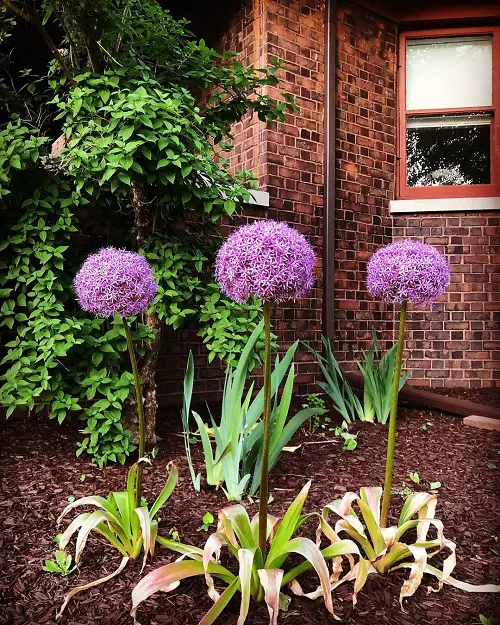
Botanical Name: Allium giganteum
USDA Zones: 4-8
Plants in the allium family, like garlic, leeks, and chives, may not be famous for their blooms. However, their bulbs and huge globe-shaped flowers atop delicate stems release a strong, offensive fragrance that keeps mosquitoes at bay.
The best of these is the giant allium, also called ornamental onion. Sulfur compounds present in the flowers give it this onion-scent. Grow these easily from seeds and bulbs, especially in the fall.
6. Scented Geranium
Botanical Name: Pelargonium ‘Citronella’
USDA Zones: 9-11
This fast-growing geranium blooms from spring to fall, and its strong, mosquito-repelling, citronella-scented foliage makes it perfect for planting along borders, patios, and pathways. You can grow scented geraniums indoors in containers throughout the year.
7. Catmint
Botanical Name: Nepeta cataria
USDA Zones: 3-9
Yes, this is the same plant that gets your cat high! An Iowa State University study found catmint to be ten times more effective than DEET, a chemical generally used in insect repellents.
An edible member of the mint family, catnip can quickly become an invasive weed if not kept in check. Consider growing it in containers to keep mosquitoes away consistently and your feline friends ecstatic!
8. Mums
Botanical Name: Chrysanthemum spp.
USDA Zones: 3-9
Like marigolds, chrysanthemums produce pyrethrum, a natural insecticide that repels mosquitoes, ants, fleas, and other pests. Plant varieties like the Dalmatian pellitory and the painted daisyin your home, as these are even used commercially to extract pyrethrum!
9. Lantana
Botanical Name: Lantana camara
USDA Zones: 7-11
Even as you walk past the bright, rounded clusters of lantana blooms, you’ll know why mosquitoes keep their distance! Often described as a mixture of cat piss and fermented citrus, lantana leaves contain aromatic compounds that are responsible for this onslaught.
However, the pretty pigmented blooms are a magnet for butterflies! A perfect ground cover plant, it tolerates heat, drought, and poor soil. Place a few pots of these funky flowers around the porch and backyard to get rid of mosquitoes!
10. Anise Hyssop
Botanical Name: Agastache foeniculum
USDA Zones: 5-9
Also called the hummingbird mint, this edible, purple-flowered perennial with licorice-scented foliage attracts good bugs and birds and is adept at getting rid of mosquitoes. Crush and rub its leaves on your skin while gardening or chilling on your porch.
11. Variegated Plectranthus
Botanical Name: Plectranthus madagascariensis ‘Marginatus’
USDA Zones: 10-11
This smelly plant, with flower spikes that appear in spring and bloom until the first frost, goes by many names, including mint leaf and Swedish ivy. You can easily recognize it from the felted leaves and the strong odor that keeps away all kinds of insects.
Splash water on the leaves or brush them gently to get the most out of your Madagascar spur flower’s mosquito-repellant abilities.
12. Tansy
Botanical Name: Tanacetum vulgare
USDA Zones: 3-8
Tansy can easily replace your favorite flowering plant with its alluring scent, button-shaped yellow blooms, and dreamy fern-like foliage. Although it repels mosquitoes by confusing their nervous systems, the plant can become quite invasive in your garden!
Tansies are also toxic, so keep them away from pets and kids! However, they are a pest-repelling dream come true, even as dried flowers and potpourri.
13. Society Garlic
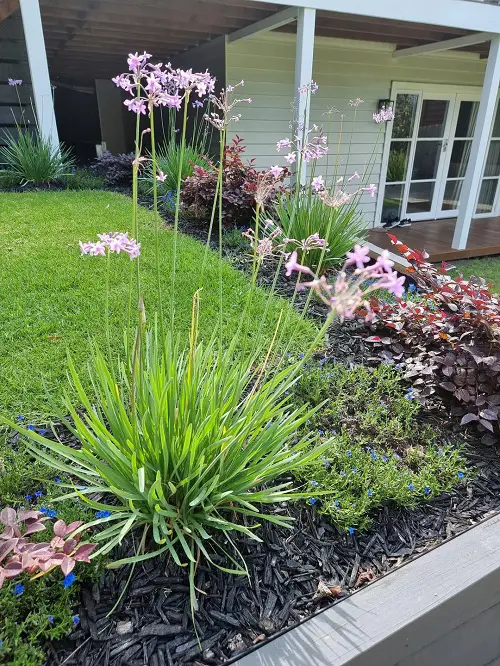
Botanical Name: Tulbaghia violacea
USDA Zones: 7-10
Don’t confuse this plant with your regular, edible garlic! This mosquito-repelling plant is named so after its garlic-scented leaves and rootstock, thanks to the sulfur compounds they contain. It also produces clusters of small lilac flowers perfect for group plantings.
14. Petunia
Botanical Name: Petunia x hybrida
USDA Zones: 10-11
Petunias are floral classics from the nightshade family, appearing in an assortment of pastel hues to deep, pigmented patterns! They also have a mild scent that mosquitoes hate, which works well if you don’t want any specimen to overpower other scents in the garden.
Tip: Plant these flowers that mosquitoes hate in groups and in strategic spots like outdoor seating areas and doorways to keep pests out of your home.
Though each of the above-listed flowering plants is great at keeping mosquitoes at bay, not all of them are pet-friendly. So, if you have furry friends in the house, carefully research your choices before including them in your garden.


